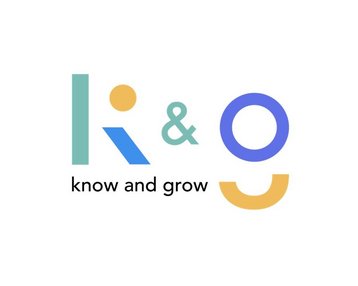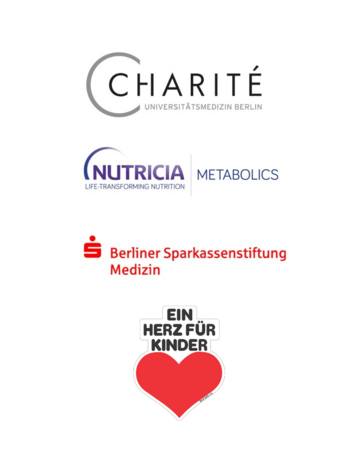
Together with Charité-Universitätsmedizin Berlin, SRH University is developing information and educational material for children and young people with chronic metabolic diseases as part of the "Know & Grow" project.
Together with Charité-Universitätsmedizin Berlin, SRH University is developing information and educational material for children and young people with chronic metabolic diseases as part of the "Know & Grow" project.

From phenylketonuria (PKU) and galactosaemia to maple syrup disease - inborn errors of metabolism include a large number of rare or extremely rare diseases and are characterised by a wide range of clinical symptoms and disease severity. If left untreated, they can lead to severe organ and brain damage, developmental disorders, epileptic seizures, lack of energy or even death. Some of the treatable genetically inherited metabolic diseases are therefore detected in newborn screening.
These diseases require immediate and usually lifelong treatment, e.g. in the form of dietary or drug therapy. From infancy onwards, this requires maximum care and discipline from the parents in adhering to the dietary instructions, which leads to a high level of control in the parent-child relationship.
From board game to health app
Due to the rarity of chronic metabolic diseases, there are very few educational materials suitable for children that clearly explain the disease and illustrate the necessary therapeutic measures. As a result, parents have so far been left to their own devices and their own understanding of the disease in everyday family life. This is precisely where the joint project "Know & Grow: education - self-management - empowerment for children and adolescents with rare chronic metabolic diseases" by SRH University and Charité-Universitätsmedizin Berlin comes in.
The needs of toddlers, primary school children and adolescents differ immensely. "While information for young children needs to be simple, narrative and play-orientated, primary school children can be given more complex content and therapeutic approaches. Adolescents, on the other hand, want to be guided and treated using the new technical possibilities," explains Prof Lars Roth, project manager and professor of audiovisual media at SRH University's Berlin campus.
Accordingly, educational materials for a specific group of metabolic disorders (fatty acid oxidation disorders) have been developed for three age groups (0-5; 6-12 and 13-18 years) in the course of the project to date. The youngest children learn about their illness with the board game "Alex's special journey through the body", which includes quiz questions and action cards. A playful information magazine and an animated film were designed for the middle age group, while teenagers and young adults are addressed with an app. The app enables the individual input of medication and dietary supplements to be taken as well as the creation of contact details for all treating doctors. It also provides shopping tips and prescriptions, for example.
The materials created are already being used at the outpatient clinic for metabolic diseases at the paediatric clinic specialising in gastroenterology, nephrology and metabolic medicine and the social paediatric centre at Charité Berlin. They have also been disseminated through specialist lectures at other clinics/metabolic centres in German-speaking countries.
Medicine meets design
In addition to the further development of the app, the organisation of workshops and the translation of the project results into English, materials for other metabolic diseases are to be developed in the extended project phase. This development process will once again begin with a design thinking process: Interdisciplinary workshops will bring together medical expertise and design creativity. Together, the real needs of young patients will be analysed in order to develop concepts tailored to the target group.
The particular strength of this approach lies in its direct application: The ideas and prototypes developed are tested and further developed directly in clinical practice at Charité. This creates a continuous dialogue between theory and practice, which ensures the relevance and effectiveness of the materials. Prof. Lars Roth adds: "This close collaboration between medicine, design and clinical practice sets new standards in patient-centred healthcare communication - and shows how creative methods and interdisciplinary exchange can create real added value for young patients."
Background
Since 2022, the project team - supported by Milupa/Nutricia Metabolics and the Berliner Sparkassenstiftung Medizin - has been developing information and educational material to help affected children deal with the metabolic disease in an age-appropriate manner from the very beginning and over the years. Thanks to a donation from BILD hilft e.V. "Ein Herz für Kinder", the project is now being extended until September 2026 as planned.
